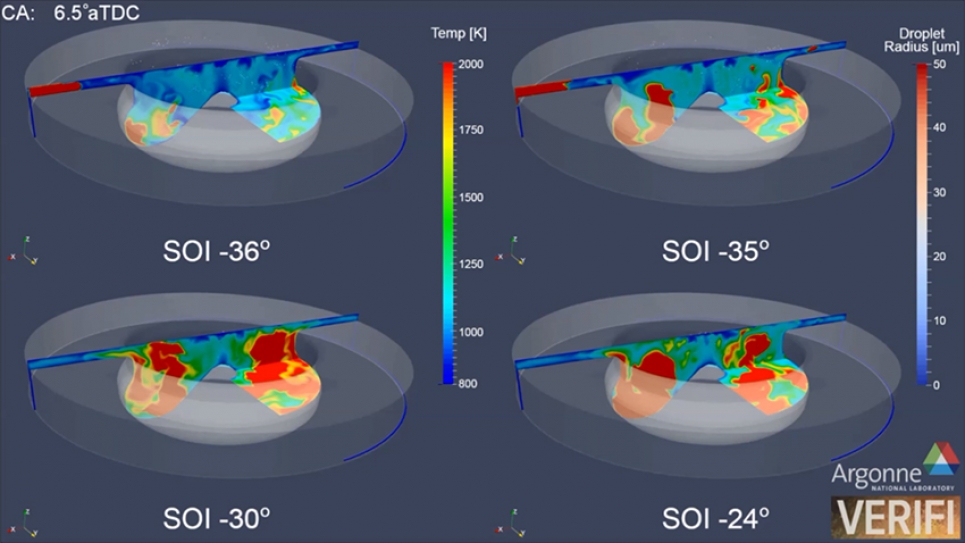
Accurate and Efficient Methods for Reduced-Complexity Modeling in Fluid Mechanics
LANS Seminar
This talk will explore several developments that improve upon the efficiency, accuracy, and theoretical understanding of methods for decomposition and reduced-order modeling of systems in fluid mechanics. The increasing size and complexity of problems that are now tractable for researchers to study heightens the need to develop methods capable of extracting pertinent information and accurate reduced-order models from large systems and datasets. I will start by talking about how data-driven algorithms can be adversely affected by noisy data, and will discuss methods by which their robustness to noise can be improved. Next, I will focus on identifying optimal energy-amplification mechanisms within fluids systems from the decomposition of physics-based operators. In particular, I will show how the numerical computations typically required for such analysis can be sped up through the use of randomized algorithms, or eliminated entirely through the use of appropriately-chosen analytic approximations. The utility of the methods described in this talk will be demonstrated across a number of examples in fluid mechanics and aerodynamics.